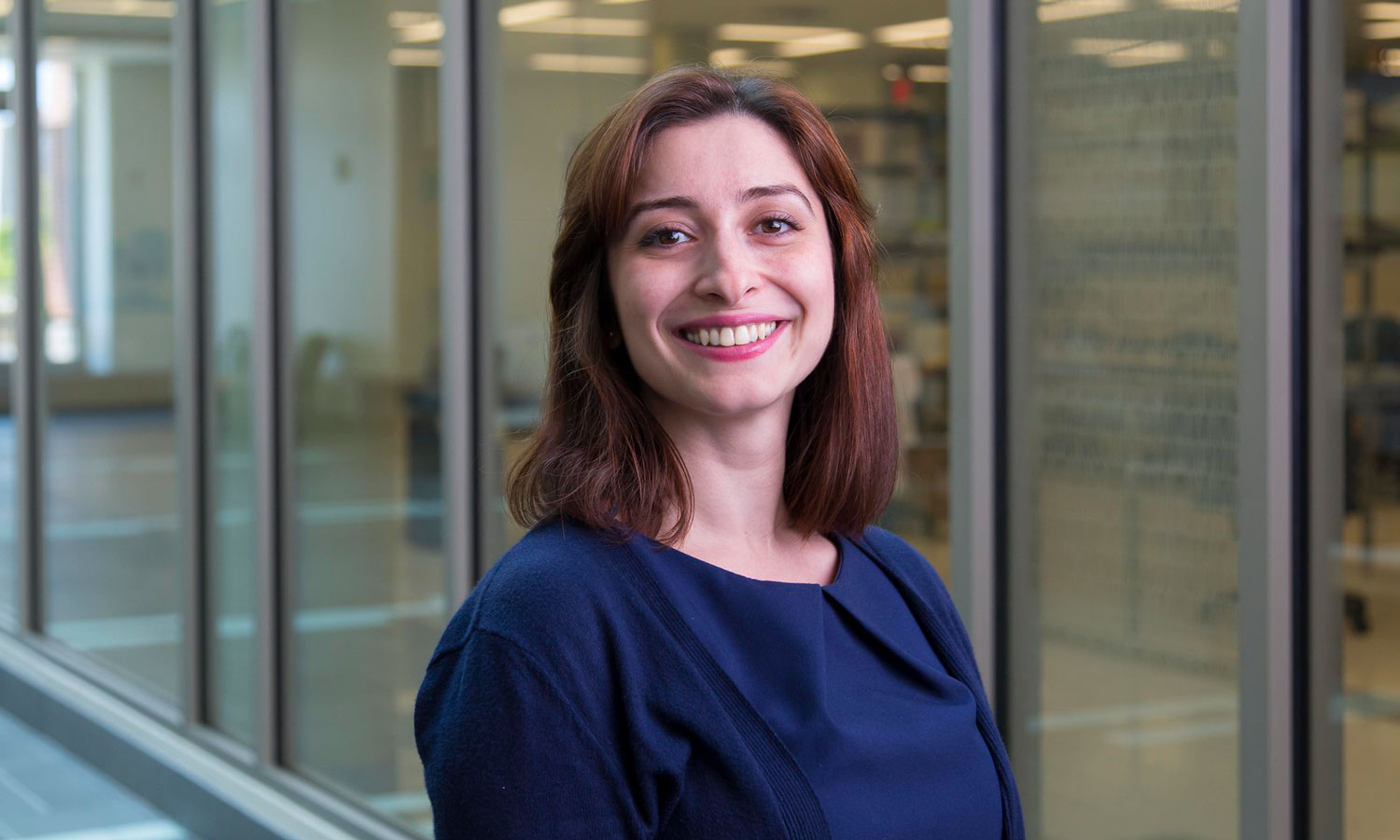Laleh Golshahi, Ph.D., an associate professor in VCU’s Department of Mechanical and Nuclear Engineering, is leading a multidisciplinary team that received a $1.6 million, three-year contract from the U.S. Food and Drug Administration (FDA) to develop physical and computer-based models to evaluate the performance of generic and brand-name nasal spray medications used by children.
Delivering medications through the nasal passages is increasingly popular because sprays are non-invasive (unlike needles) and act quickly. In addition, locally acting drugs delivered via nasal sprays target the site of action in the nose, and are generally easier to administer to children than pills or injections.
The generic industry continues to develop nasal sprays, many of which could be used by children. These include nasal sprays for which the brand name product was either originally indicated for use by children, or for which the indication was eventually expanded to include children.
Historically, ethical concerns about enrolling children in clinical trials have presented challenges to pediatric drug testing, which tended to slow the development of these products for pediatric use. As a result, there has been a need for new, innovative ways to evaluate the performance of generic nasal sprays without conducting clinical studies using pediatric subjects.
The research team is creating models with the potential to offer the FDA a reliable way to assess the quality and effectiveness of generic nasal-spray formulations for children via physical and computational models.
This project supports the FDA’s ongoing efforts to increase and improve locally acting generic drug testing and development for pediatric patients.
The research team is using data on children between the ages of two and 11 to develop a set of 3D-printed replicas of noses. These nose replicas are expected to have airways that mimic poor, average and excellent nasal drug absorption in pediatric patients.
Using these physical models, the team will form detailed profiles of absorption rates from nasal drug sprays. FDA drug evaluators may be able to use these replicas, and their accompanying computational models, to assess whether future generic nasal spray products are bioequivalent, or work the same, as their brand-name products in children without performing clinical studies in this population. These tools may also help evaluate how differences in generic nasal spray formulations may affect their performance compared to the brand-name product.
Testing the effectiveness of intranasal medication delivery is difficult because the human nose is highly complex and varies greatly from person to person. The physical-plus-data-model approach may help account for these complexities.
The anatomically similar physical replicas of different noses are intended to verify how much of the drug reaches the nose’s middle turbinate region, which is essential for proper absorption. The computational models will calculate the chemical and mass transport factors that govern how much of the active ingredient is transported across the nasal mucosa and into the blood.
The researchers will deliver the finished replicas and data models to the FDA in 2023. With these new tools, the team aims to improve the clinical relevance of current pediatric drug testing, guide the design of new devices and provide new insights for proper administration of nasal spray formulations for children.
Collaborators on this project include P. Worth Longest, Ph.D., the Louis S. and Ruth S. Harris Exceptional Scholar and Professor in VCU’s Department of Mechanical and Nuclear Engineering; Michael Hindle, Ph.D., the Peter R. Byron Distinguished Professor in VCU’s Department of Pharmaceutics; Theodore Schuman, M.D., director of the otolaryngic allergy program at the VCU School of Medicine’s Department of Otolaryngology; and Jurgen Venitz, Ph.D., professor of pharmaceutics and director of the pharmacokinetic-pharmacodynamic research laboratory in VCU’s School of Pharmacy.
